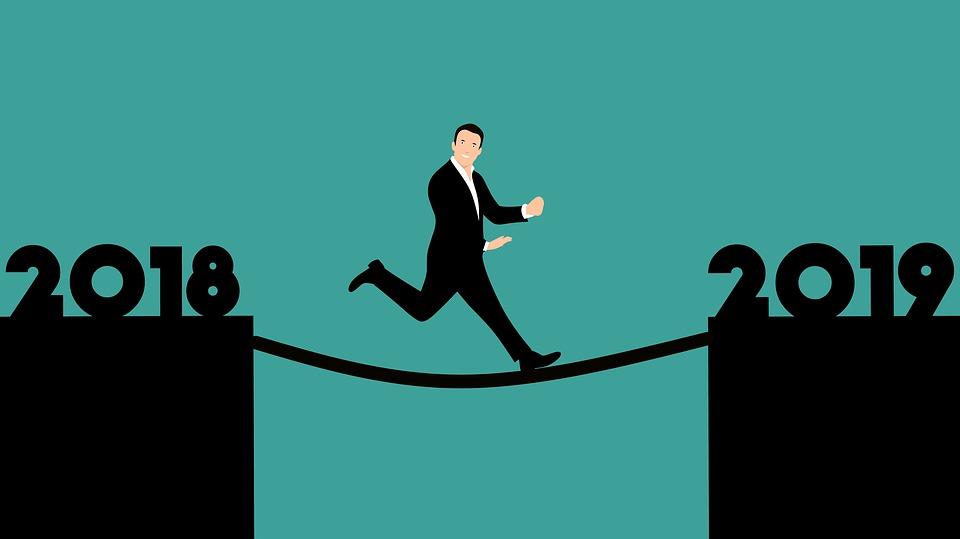You can reverse the damage on your credit file easily with these quick tips

If last year wasn’t your year for your finances, don’t despair. Whether you missed a loan payment, struggled to get a mortgage or kept hitting your overdraft, you are not alone. There are plenty of other people out there in the same boat as you. The difficulty with having a poor financial year is that you probably have a poor credit history, which impacts your future ability to get credit.
It can often feel disheartening when banks keep rejecting you for loans, or even a bank account, because it is difficult to get yourself back on track when you are not given that initial chance and your credit file is then impacted negatively further.
However, there are ways to reverse or rectify your credit history to make 2019 a better year for you.
Your credit file is a report of how you have managed money it the past. It is not uniform, and each credit agency has their own criteria. It is therefore not an exact science. It essentially tells a new bank or lender how your behaviour in the past may determine your risk levels. Money Saving Expert summarises it well, by saying, “Credit scoring is about predicting future behaviour…This is not easy if you’ve little credit history. When you apply for a product, a ‘credit check’ is done. In practice, this means lenders pour all the data they have on you into a complicated algorithm. It’s an attempt to predict your future behaviour based on what you’ve done in the past.”
However, there are certain things you can do to improve your credit score. It doesn’t take a lot of effort to help lift your score, and with a few tweaks to your behaviour, you can start to see results within a couple of months. Wonga, an online loan company, recently published a guide to qualifying for loans with a low credit score. It IS possible, so don’t feel disheartened! They suggest the following to help improve your score:
- Paying your bills on time – this is important and easy enough to achieve. Keep a check of your bills and leave yourself reminders so that one can’t pass you by unknowingly.
- Paying the full amount that is owed each month on your account – Especially credit cards as these can leave a bad mark on your file when you miss a payment.
- Ensure that you can afford the minimum repayments on any loans you take out – Don’t take risks with loans you can’t afford. They say, “Remember, at the end of the day your credit score is a reflection of your borrowing habits – and the best way to keep a good score is to practice borrowing responsibly.”
Be sure to check your credit report at least twice a year to make sure there aren’t any signs of identity theft. You can check your credit report for free with a monthly trial set up and this gives you a good indication of what lenders see on your file.
To read more on topics like this, check out the lifestyle category.
Leave a Reply